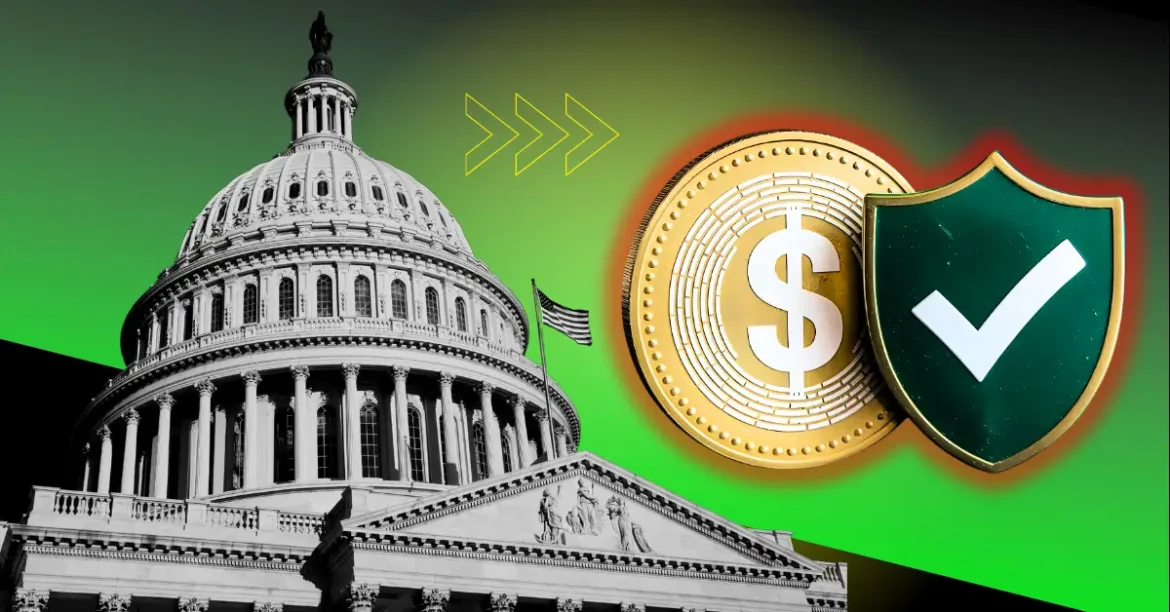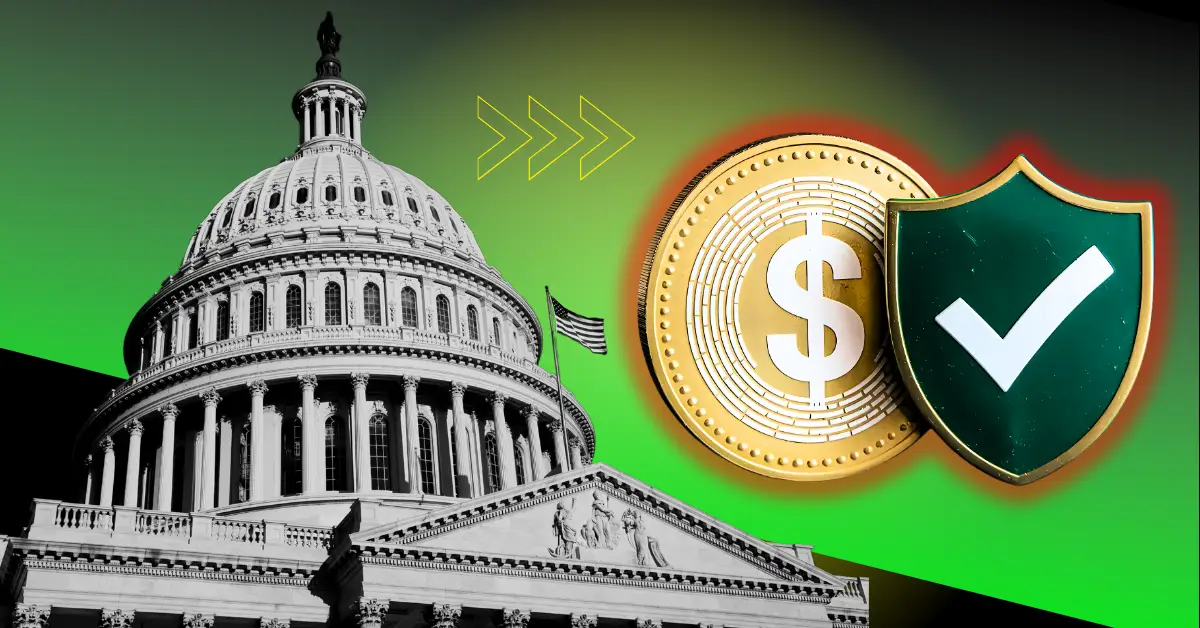Meta’s Stablecoin Ambitions Under Intense Congressional Scrutiny
The potential revival of Meta’s stablecoin project has reignited concerns among U.S. lawmakers, particularly Senate Democrats Elizabeth Warren and Richard Blumenthal. These seasoned legislators have intensified their inquiry into Meta’s crypto plans amid reports suggesting the company’s ongoing talks with cryptocurrency firms and possible lobbying efforts. The essence of the scrutiny lies in the wide-reaching influence Meta wields—both in terms of platform reach and prospective control over digital financial transactions.
Background: Meta’s Crypto History and New Developments
Meta, formerly known as Facebook, previously faced significant regulatory backlash six years ago when it attempted to launch a stablecoin named Libra. That initiative was abandoned in the face of overwhelming skepticism from policymakers and regulators worried about privacy, monetary sovereignty, and market stability. Now, reports have emerged indicating Meta is quietly exploring a comeback into the stablecoin segment, possibly coordinated with major players in the crypto space like Circle and Tether.
Recent industry sources and investigative coverage reveal that Meta has been in confidential dialogues with crypto firms about leveraging stablecoins for international payouts, particularly for content creators across its platforms. Furthermore, the company is suspected of engaging behind the scenes regarding the GENIUS Act—a legislative proposal aimed at regulating stablecoins more clearly—which raises alarms over potential big tech influence on the bill to suit its ambitions.
Lawmaker Concerns: Privacy, Economic Risks, and Market Power
Warren and Blumenthal’s core objection revolves around the risks Meta’s stablecoin could pose if the company gains control over vast financial transaction data paired with its immense user base. The senators’ letter to CEO Mark Zuckerberg explicitly demands detailed disclosures about Meta’s stablecoin strategies, partnerships, and lobbying activities related to stablecoin legislation.
They warn that Meta’s entry into stablecoin issuance could exacerbate “serious concerns” including:
– Deepened Consumer Surveillance: Meta’s possession of financial data along with social and commercial activity details might amplify privacy invasions, enabling more targeted and manipulative advertising strategies.
– Market Concentration and Monopoly Threats: The company could wield enormous economic influence, potentially disrupting competitive payment and financial ecosystems.
– Data Monetization Risks: Meta might profit by selling or exploiting sensitive transaction information, raising ethical and regulatory dilemmas.
– Financial System Stability: Uninsured, nonbank stablecoins issued by major tech players could pose systemic risks without appropriate regulatory guardrails.
Senator Warren has specifically called for amendments to the GENIUS Act to exclude large technology companies like Meta from issuing stablecoins, underscoring her broader campaign against Big Tech’s unchecked invasion into private financial spheres.
Meta’s Official Position and Public Ambiguity
In public statements, Meta has denied advancing any active stablecoin development. However, the existing evidence — including industry leaks and documented communications with crypto entities — suggests the company remains keen on exploring stablecoin integration as a part of its broader payments and commerce strategy. This ambiguity fuels lawmakers’ demands for transparency and legislative scrutiny.
Such opaque positioning complicates regulatory dialogue and fosters distrust about Meta’s long-term intentions, especially considering its history with Libra and persistent concerns over data privacy and market dominance.
The Broader Landscape: Stablecoin Regulation and Innovation Balance
This controversy unfolds amidst a larger debate on how to regulate stablecoins effectively. Stablecoins are increasingly central to digital payments, decentralized finance, and cross-border money flows, yet their regulatory frameworks lag behind innovation. Lawmakers are striving to craft legislation like the GENIUS Act to define issuer qualifications, consumer protections, and systemic safeguards.
Meta’s potential involvement sharpens the stakes because it represents a fusion of Big Tech dominance and cryptocurrency innovation that threatens traditional regulatory boundaries. Policymakers are challenged to balance enabling responsible fintech evolution while preventing undue concentrations of power or threats to consumer privacy and financial stability.
The Path Forward: Demanding Clarity and Responsible Innovation
The recent letters from Senators Warren and Blumenthal set firm deadlines for Meta to clarify its plans, partnerships, and lobbying efforts. This marks a decisive moment for both Meta and regulators to navigate a transparent discourse about the technology’s implications. Key outcomes likely include:
– Increased congressional oversight on stablecoin projects by technology giants.
– Potential amendments to legislation barring or restricting stablecoin issuance by large tech companies.
– Heightened public scrutiny of how Meta intends to handle consumer financial data.
– Possible reevaluation of Meta’s broader crypto and payments strategy under regulatory pressure.
Conclusion: Navigating the Crossroads of Tech, Finance, and Privacy
Meta’s stablecoin agenda is not merely a technical or business choice; it sits at the intersection of privacy rights, market competition, financial innovation, and regulatory philosophy. The escalating pressure from U.S. senators reveals the uphill battle Meta faces to allay fears and win regulatory acceptance. Transparency, accountability, and a commitment to respecting consumer privacy will be essential for Meta to proceed credibly.
As this story unfolds, the outcome will shape the trajectory of how emerging digital currencies integrate with the global financial ecosystem—potentially defining the boundaries between Big Tech’s ambitions and the public interest for years to come.





